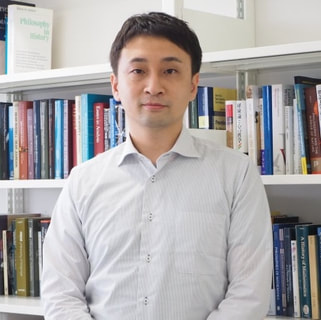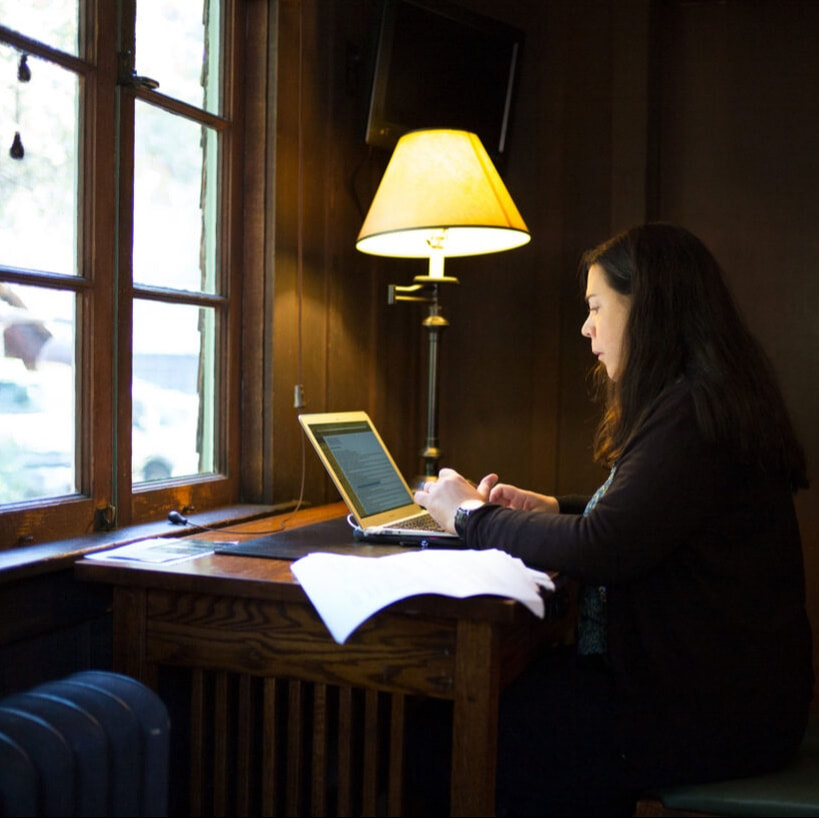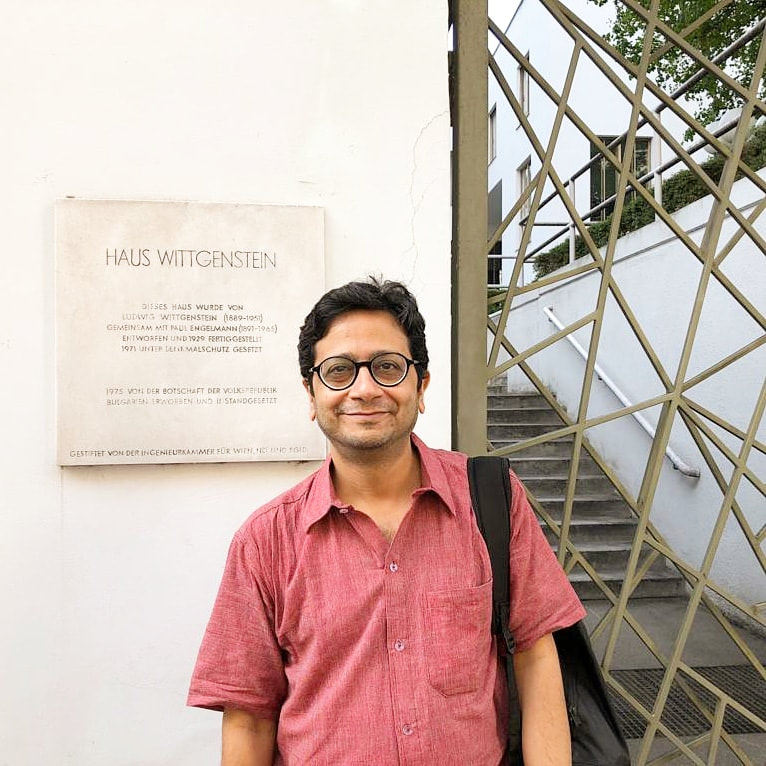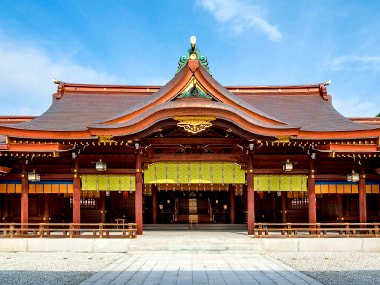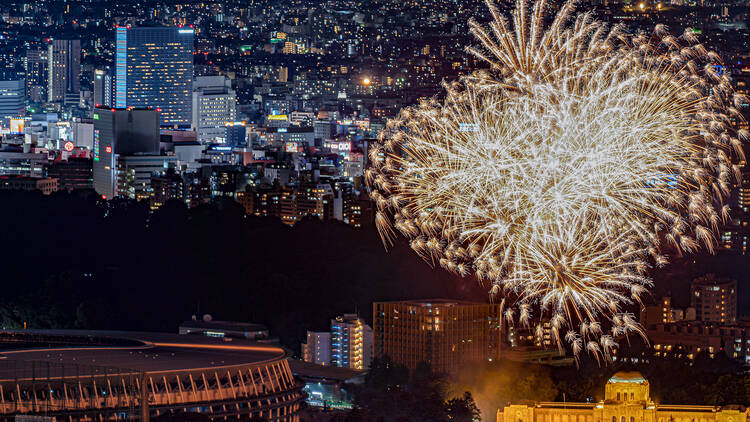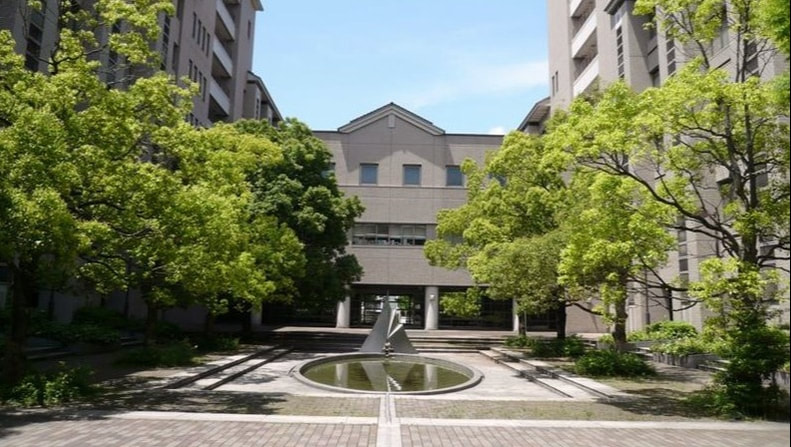September 20th-22nd, 2024
Venue: Tokyo Metropolitan University
Participation fee: free
In-person only
In-person only
Themes
- Wittgenstein and the Viennese Cultural Circle
- Wittgenstein and the Early-Analytic Philosophy
- Wittgenstein and German Philosophical Tradition
- Wittgenstein and Literature
- Wittgenstein and Cavell
Time Table (Temporal)
20th September
Room 1 |
Room 2 |
|
10:00-10:20 |
Opening Talk Saori Makino |
(empty) |
10:30-11:50 |
Keynote Speech Exploring the Artistic Influences on Wittgenstein Anirban Mukherjee Chair: Saori Makino |
(empty) |
11:50-13:10 |
Lunch |
Lunch |
13:10-14:00 |
||
14:05-14:55 |
||
14:55-15:25 |
Coffee Break |
Coffee Break |
15:25-16:15 |
||
16:20-17:10 |
(empty) |
|
17:30-19:00 |
A Buffet-Style Party |
(empty) |
21st September
Value |
Room 1 |
Room 2 |
10:30-11:50 |
Keynote Speech Value, Self-Stultification and the World Waxing and Waning: The Background to Wittgenstein's Early Thought. Chon Tejedor Chair: Saori Makino |
(empty) |
11:50-13:10 |
Lunch |
Lunch |
13:10-14:00 |
||
14:05-14:55 |
||
14:55-15:25 |
Coffee Break |
Coffee Break |
15:25-16:15 |
||
16:20-17:10 |
After presentations, the official dinner will be held.
22nd September
Value |
Room 1 |
Room 2 |
10:30-11:50 |
Keynote Speech Wittgenstein’s notion of “the logic of our language” and its historical background Ryo Ito Chair: Saori Makino |
(empty) |
11:50-13:10 |
Lunch |
Lunch |
13:10-14:00 |
||
14:05-14:55 |
||
14:55-15:25 |
Coffee Break |
Coffee Break |
15:25-16:15 |
||
16:20-17:10 |
Wittgenstein’s Influence on Carnap’s Conception of an Inductive Logic Christian J. Feldbacher-Escamilla |
|
17:15-17:35 |
Closing Talk Shuhei Kimoto |
(empty) |
Cultural Event
Call for Abstracts
Deadline: the end of April
NoA: the middle of May
NoA: the middle of May
Title: Reconsideration of Wittgenstein’s cultural background and context
How does a human being become a philosopher? Context and background both play crucial roles. Every philosopher engages with their thoughts under specific circumstances and within particular surroundings. In this sense, all philosophy should be considered a cross-section of the ongoing history of philosophy, which in turn shapes the perspectives of contemporary philosophers.
Wittgenstein’s focus on the context of our thoughts and perceptions aligns well with this conceptualisation. All philosophy – certainly including Wittgenstein’s own thought – should be reevaluated within this framework of context and background. For example, the secondary literature on Wittgenstein’s philosophy has examined a wide range of influences. The people who made intellectual impressions on Wittgenstein are the Wittgenstein sisters, Karl Kraus and Adolf Loos in the cultivated circles of Vienna, and the academic philosophers Gottlob Frege, Bertrand Russell and G. E. Moore. The works which inspired Wittgenstein are those of Arthur Schopenhauer in philosophy; Sigmund Freud and Otto Weininger in Viennese psychology; Ernst Mach, Ludwig Boltzmann and Heinrich Hertz in Viennese and German physics; and Fyodor Dostoevsky and Leo Tolstoy in Russian literature.
With that objective in mind, this workshop will delve into the context and background of Wittgenstein’s philosophy, including the circumstances that influenced both the formation of his ideas and the broader philosophical landscape. This approach offers an opportunity to illuminate Wittgenstein’s vision from a different angle, enabling us to ‘think in another way’.
The workshop will be held in Tokyo. The organizers are Saori Makino (Chiba University, Chiba), a Wittgenstein researcher, Shuhei Kimoto (Tokyo Metropolitan University, Tokyo), a Hegel researcher, and Tadahiro Oota (National Institute of Technology, Numazu College, Shizuoka), who researches post-Kantian philosophy. The workshop will benefit greatly from your participation, and we will make every effort to ensure its success.
How does a human being become a philosopher? Context and background both play crucial roles. Every philosopher engages with their thoughts under specific circumstances and within particular surroundings. In this sense, all philosophy should be considered a cross-section of the ongoing history of philosophy, which in turn shapes the perspectives of contemporary philosophers.
Wittgenstein’s focus on the context of our thoughts and perceptions aligns well with this conceptualisation. All philosophy – certainly including Wittgenstein’s own thought – should be reevaluated within this framework of context and background. For example, the secondary literature on Wittgenstein’s philosophy has examined a wide range of influences. The people who made intellectual impressions on Wittgenstein are the Wittgenstein sisters, Karl Kraus and Adolf Loos in the cultivated circles of Vienna, and the academic philosophers Gottlob Frege, Bertrand Russell and G. E. Moore. The works which inspired Wittgenstein are those of Arthur Schopenhauer in philosophy; Sigmund Freud and Otto Weininger in Viennese psychology; Ernst Mach, Ludwig Boltzmann and Heinrich Hertz in Viennese and German physics; and Fyodor Dostoevsky and Leo Tolstoy in Russian literature.
With that objective in mind, this workshop will delve into the context and background of Wittgenstein’s philosophy, including the circumstances that influenced both the formation of his ideas and the broader philosophical landscape. This approach offers an opportunity to illuminate Wittgenstein’s vision from a different angle, enabling us to ‘think in another way’.
The workshop will be held in Tokyo. The organizers are Saori Makino (Chiba University, Chiba), a Wittgenstein researcher, Shuhei Kimoto (Tokyo Metropolitan University, Tokyo), a Hegel researcher, and Tadahiro Oota (National Institute of Technology, Numazu College, Shizuoka), who researches post-Kantian philosophy. The workshop will benefit greatly from your participation, and we will make every effort to ensure its success.
Submission Format:
Abstracts (ca. 400 words) should be sent to [email protected] by the end of April 2024.
Abstracts should be ready for double-blind review; we therefore request that authors remove any identifying details from the abstract. Please include the author’s name and affiliation, and the title of the paper, in the body of the email.
Notifications of acceptance will be sent out by the middle of May 2024.
Abstracts (ca. 400 words) should be sent to [email protected] by the end of April 2024.
Abstracts should be ready for double-blind review; we therefore request that authors remove any identifying details from the abstract. Please include the author’s name and affiliation, and the title of the paper, in the body of the email.
Notifications of acceptance will be sent out by the middle of May 2024.
Attendance Funds:
Funds are available for researchers who lack alternative sources of funding and do not hold permanent academic positions. If you intend to apply for financial support, please let us know when you submit an abstract.
Accommodation:
If you would like to save money on accommodation, you could stay in the international house offered by Tokyo Metropolitan University.
Funds are available for researchers who lack alternative sources of funding and do not hold permanent academic positions. If you intend to apply for financial support, please let us know when you submit an abstract.
Accommodation:
If you would like to save money on accommodation, you could stay in the international house offered by Tokyo Metropolitan University.
Each slot will be approximately 30min. talk + 15min. Q&A.
Language: English
